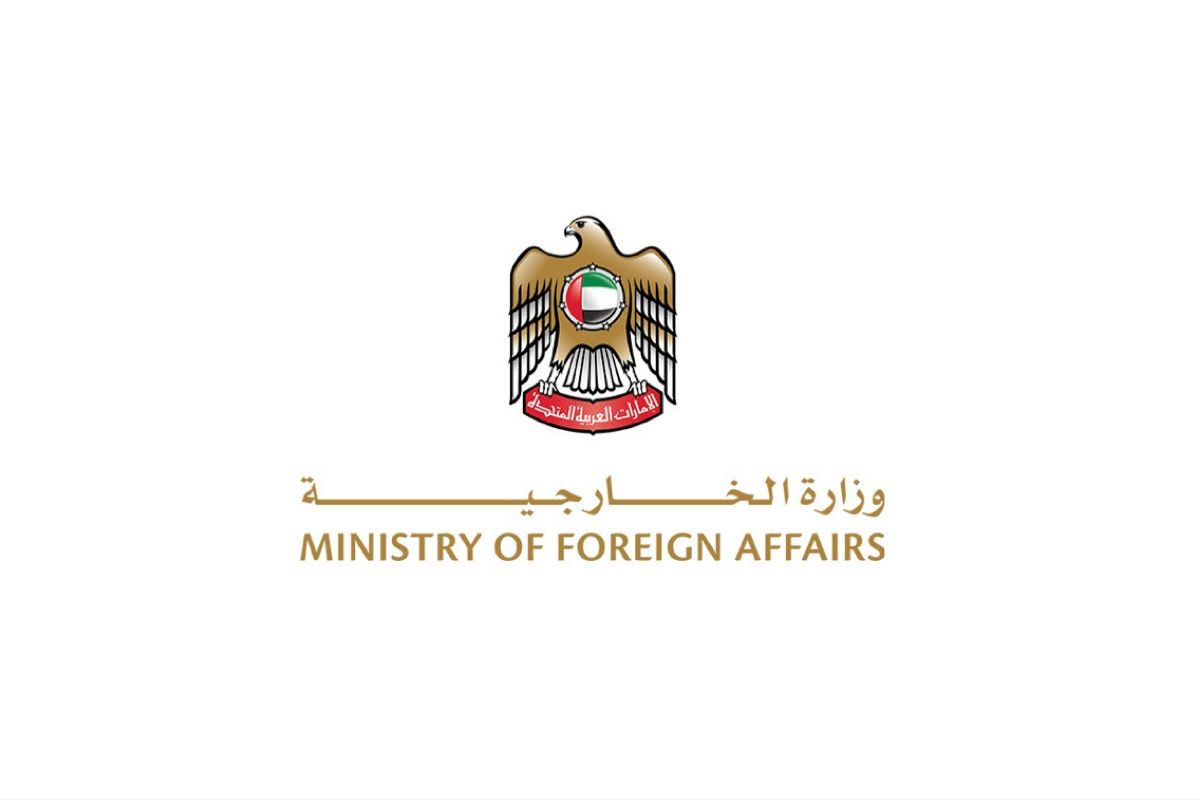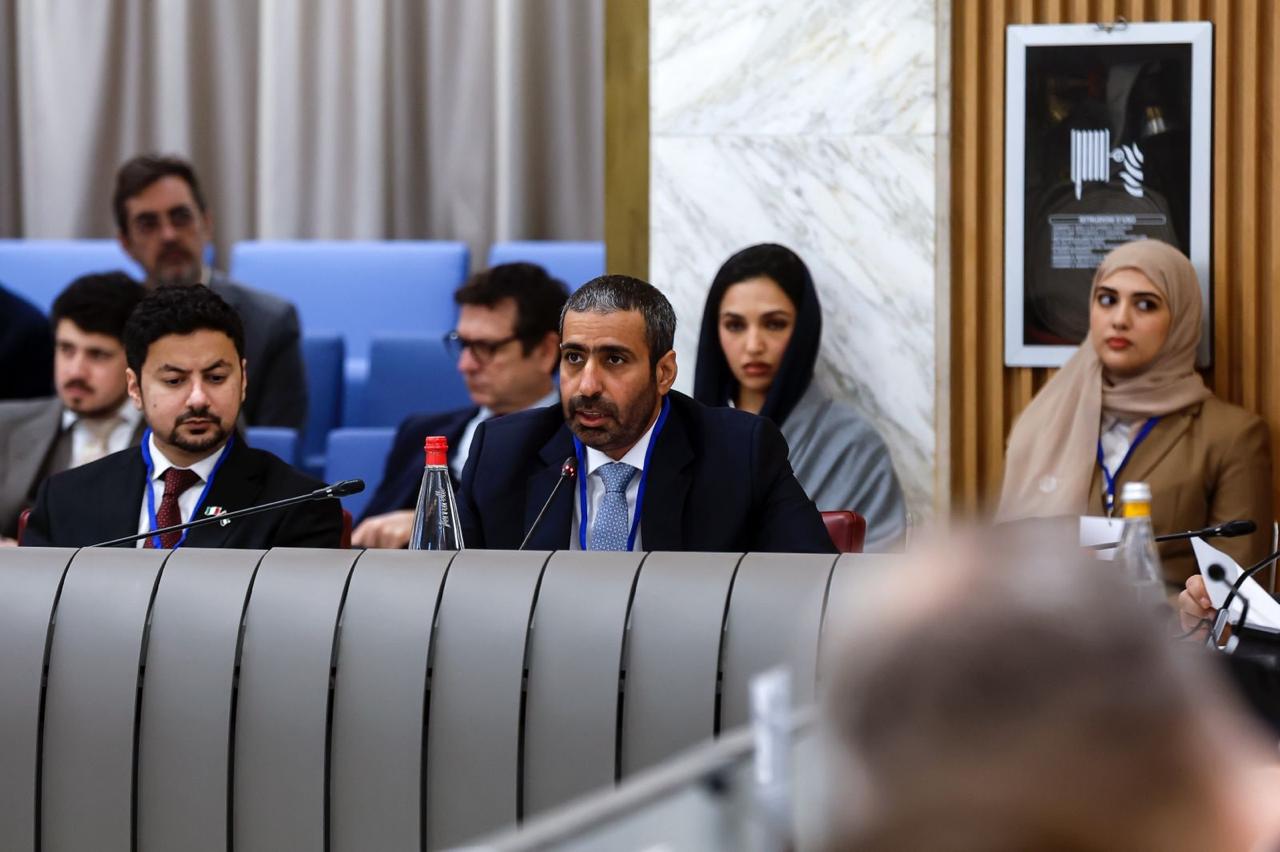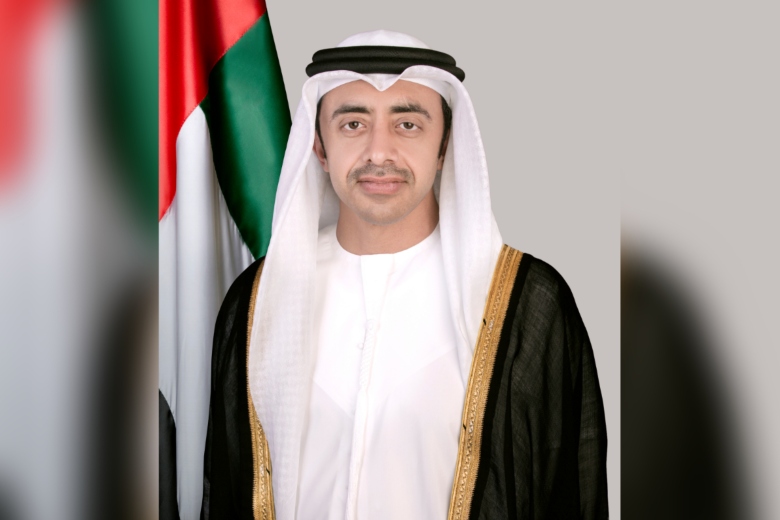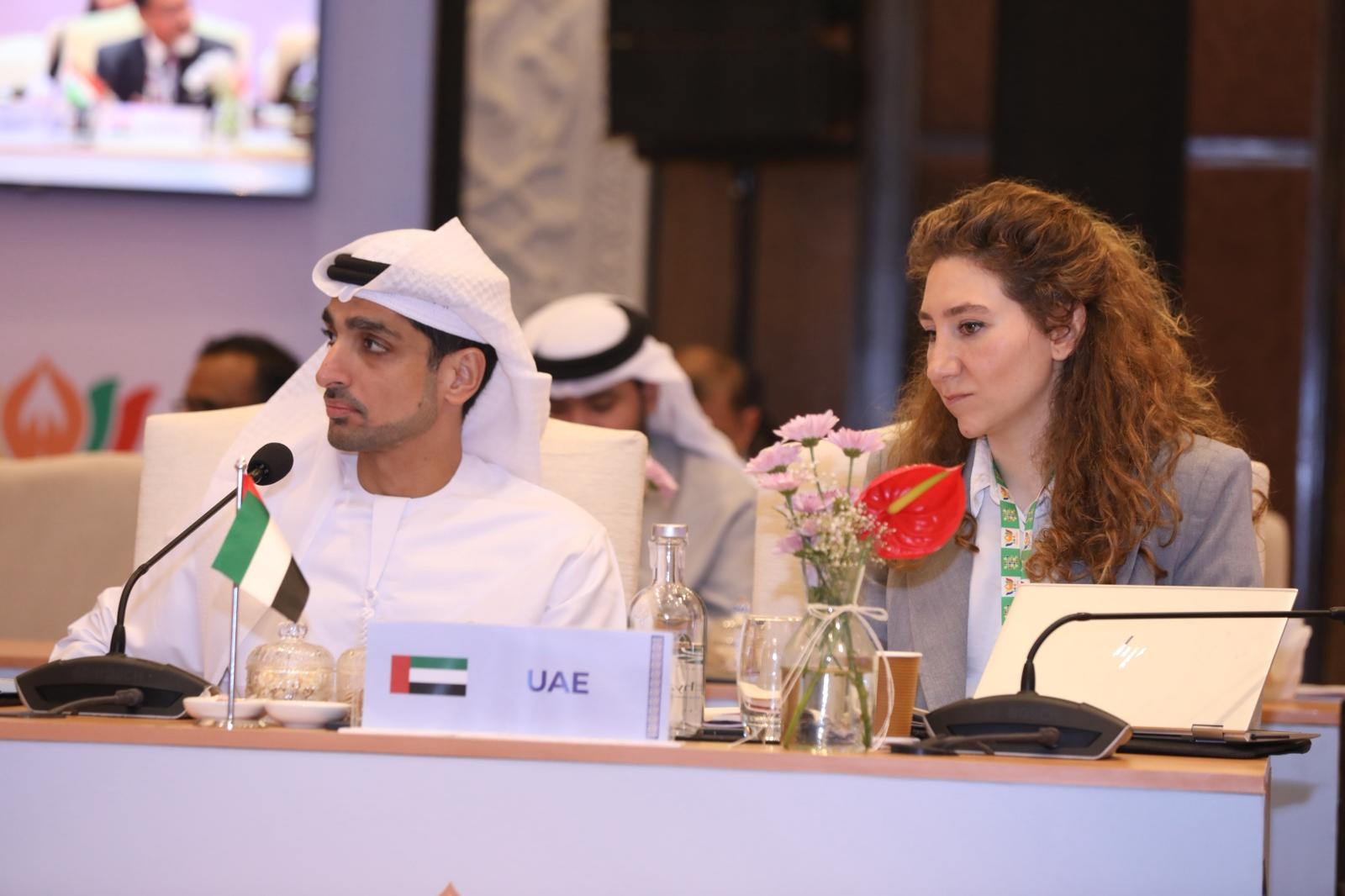The Security Council Counter-Terrorism Committee Adopts the Abu Dhabi Guiding Principles on the Threats Posed by the Use of Unmanned Aircraft Systems for Terrorist Purposes

This important achievement establishes a set of guidelines that address the challenges posed by the use of unmanned aircraft systems (UAS) for terrorist purposes. The document is the first of its kind at the United Nations to address the increasing challenges posed by UAS in the context of counter-terrorism. It consists for four guiding principles, each focusing on a different aspect: the integration of UAS threats into national counter-terrorism strategies and establishment of legal frameworks; increased understanding and awareness of UAS threats; developing measures to detect, identify, deter, and respond to UAS threats; and capacity development and information exchange to promote international cooperation.
Within the framework of the Delhi Declaration on Countering the Use of New and Emerging Technologies for Terrorist Purposes, the CTC took the lead in developing these non-binding guiding principles, recognizing the urgent need to counter the evolving threat posed by the use of new and emerging technologies for terrorist activities.
As the current chair of the CTC, the UAE facilitated this crucial initiative, reflecting its commitment to global peace and security. “In today’s constantly shifting technological landscape, the historic adoption of the Abu Dhabi Guiding Principles is a crucial step for the UN towards countering terrorist acquisition and use of UAS through strategies like enhanced cooperation and capacity building," stated H.E. Lana Nusseibeh, Permanent Representative of the UAE’s Permanent Mission to the UN. "As part of a comprehensive approach, it will fundamentally enhance the capabilities of Member States and stakeholders to facilitate the detection, identification, deterrence, and response to such threats."
The United Arab Emirates looks forward to continued collaboration with the international community to promote and implement the Abu Dhabi Guiding Principles, reinforcing the collective efforts to safeguard global security and counter the use of unmanned aircraft systems for terrorist activities.
Related News

Sultan Al Shamsi Participates in Rome Process Steering Committee Meeting
His Excellency Sultan Mohammed Al Shamsi, Assistant Minister of Foreign Affairs for Development and International Organizations, participated in the meeting for the Steering Committee of the Rome Process.
View Details
Abdullah bin Zayed chairs the 22nd meeting of the Higher Committee Overseeing the National Strategy on Anti-Money Laundering and Countering the Financing of Terrorism
H.H. Sheikh Abdullah bin Zayed Al Nahyan, Deputy Prime Minister and Minister of Foreign Affairs, chaired the 22nd meeting of the Higher Committee Overseeing the National Strategy on Anti-Money Laundering and Countering the Financing of Terrorism and Proliferation Financing.
View Details
UAE Strongly Condemns School Shooting in Canada
The United Arab Emirates has strongly condemned the shooting incident at a school in western Canada, which resulted in a number of deaths and injuries.
View Details
UAE Participates in First BRICS Sherpa Meeting of 2026
The UAE participated in the first BRICS Sherpa and Sous Sherpa Meeting of 2026, held in the Indian capital, New Delhi, from 9 to 10 February.
View Details

